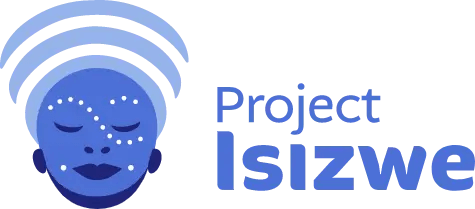Project Isizwe is a non-profit organization that provides equitable internet access to underserved African communities. By partnering with Internet Service Providers, they work to make this vision a reality.Their innovative approach incorporates blockchain technology, ensuring transparent and traceable transactions. This system builds trust between donors and beneficiaries, as contributions can be tracked. Their ultimate goal is to provide everyone access to fast, reliable, high-quality internet, all at no cost.
Challenge
Project Isizwe aims to provide equitable internet access to underserved African communities by addressing issues such as user education, power reliability, funding models, affordability, and efficient management.
- Appetite, Education, and Awareness. Project Isizwe’s users want affordable internet, but often don’t understand public Wi-Fi. The team educates users about how Wi-Fi works, coverage areas, and its advantages over mobile data. This training helps bridge knowledge gaps.
- Reliable Power and Electricity. Power outages from load-shedding, theft, and vandalism frequently disrupt Wi-Fi service. Project Isizwe installs solar panels and backup power solutions where possible to ensure consistent connectivity.
- Free vs. Paid Wi-Fi. While free Wi-Fi is popular, it’s hard to sustain. Some funders support free access with limits. Even at R5 a day, paying for Wi-Fi is still prohibitive for many, especially for kids still in school and those without jobs, who most need unlimited online access to improve life. Each project must balance free and affordable access to meet users’ needs.
- Sustained Affordability and Business Feasibility. Wi-Fi at R5 a day is still expensive for those in poverty. Project Isizwe aims to keep Wi-Fi affordable while ensuring the service is economically viable. Hotspots need to generate enough revenue to cover costs and sustain operations.
- Reliable Database and Seamless Onboarding. Managing thousands of users and resellers requires a reliable system with minimal manual processes. Automated onboarding is essential to help users, especially those unfamiliar with Wi-Fi, connect easily.
Environment Before Powerlynx
Before implementing Powerlynx, Project Isizwe used Facebook’s Express Wi-Fi project, launched in 2016, to provide affordable or free Wi-Fi globally. This initiative was launched in 2016 to provide affordable or free Wi-Fi in different parts of the world. However, in 2020, Facebook decided to pull the plug on Express Wi-Fi in South Africa due to high internet connectivity costs. Express Wi-Fi has been unavailable since 31st December 2022 as Meta focuses on “metaverse” and AI initiatives, primarily targeting first-world countries.
Project Isizwe began exploring alternative solutions to maintain its mission. They chose Powerlynx for its custom-built functionality and affordable pricing model. Transitioning to a different platform required some effort and changes in business processes. With a small team of nine people, they sought a smooth transition with minimal workflow disruptions. This shift also allowed them to review and improve processes, including streamlining customer onboarding.
The Powerlynx Solution
After reviewing Project Isizwe’s requirements, the Powerlynx team completely redesigned the existing Hotspot functionality. With over 10 years of experience, Project Isizwe shared their insights, main pain, and best practices. This collaboration helped Powerlynx develop a new module that meets Project Isizwe’s needs and market requirements for running a successful hotspot business.
Technical information
Hardware and equipment. Project Isizwe is using MikroTik routers and Cambium access points. Currently, they are using wireless technologies only; however, they intend to move this to fiber as well.
How does Project Isizwe’s workflow look in Powerlynx now?
1. Create new services or work with existing ones.
When routers are connected and configured, they can easily create or manage any desired hotspot bundle. Besides service price or internet speed, easy customization allows setting desired limitations like validity period, traffic limits, online time limits, and the maximum number of devices that can connect simultaneously; use location-based settings across multiple hotspots, all manageable from a single centralized hub.
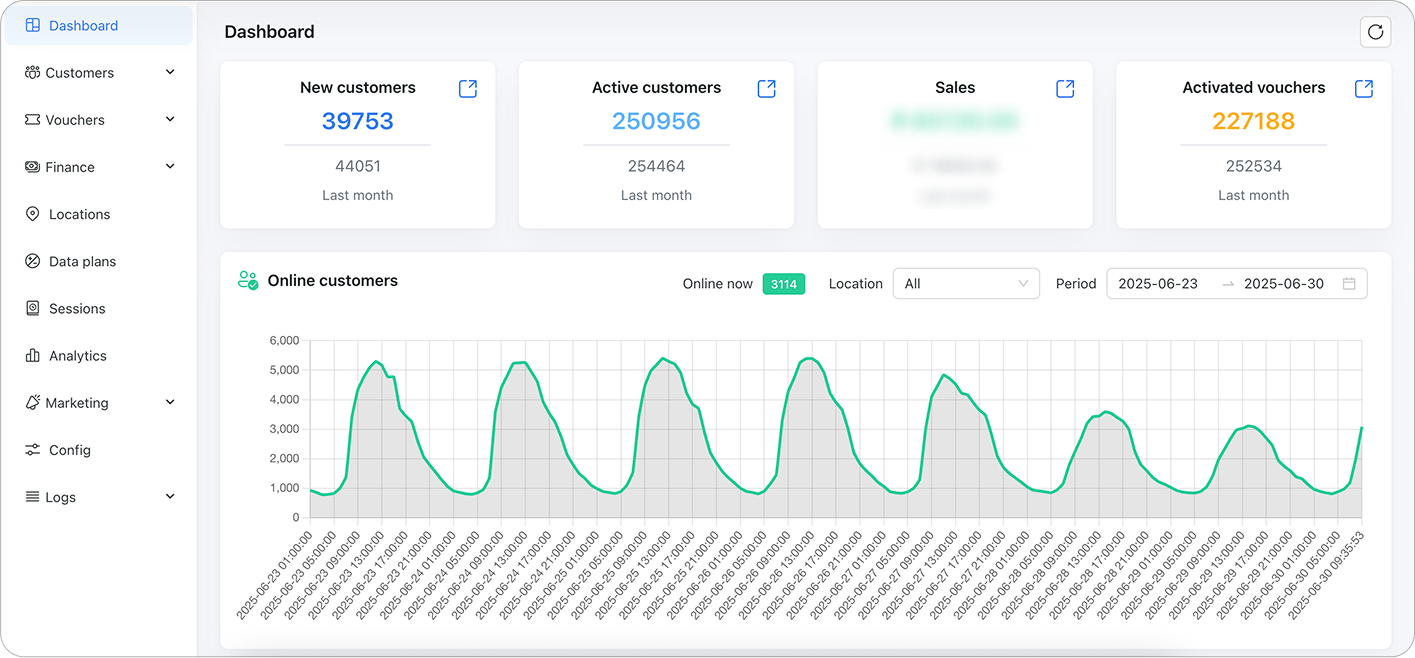
When a customer applies for the desired plan, Powerlynx automatically generates a record in the database for that customer.
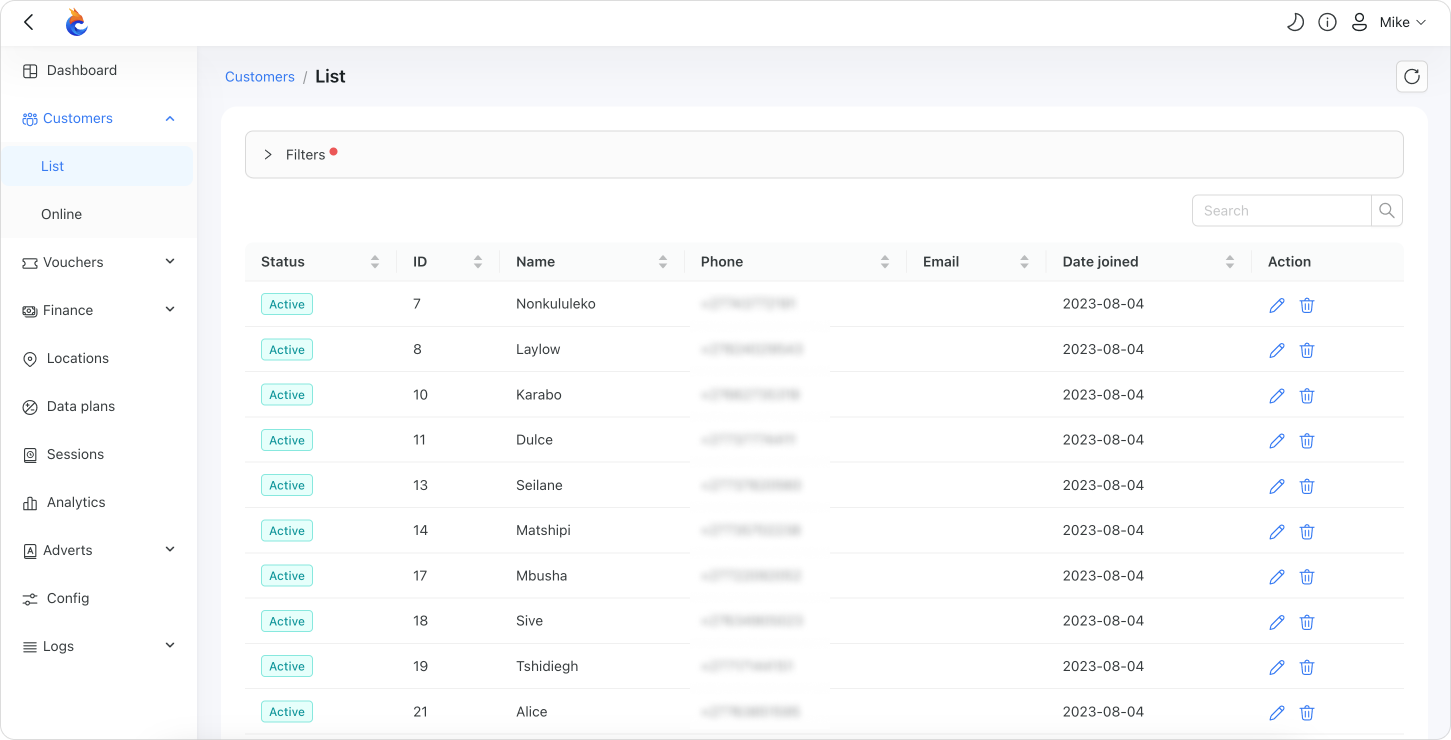
2. Management of online users
A) Online hotspot users are displayed separately from regular customers.
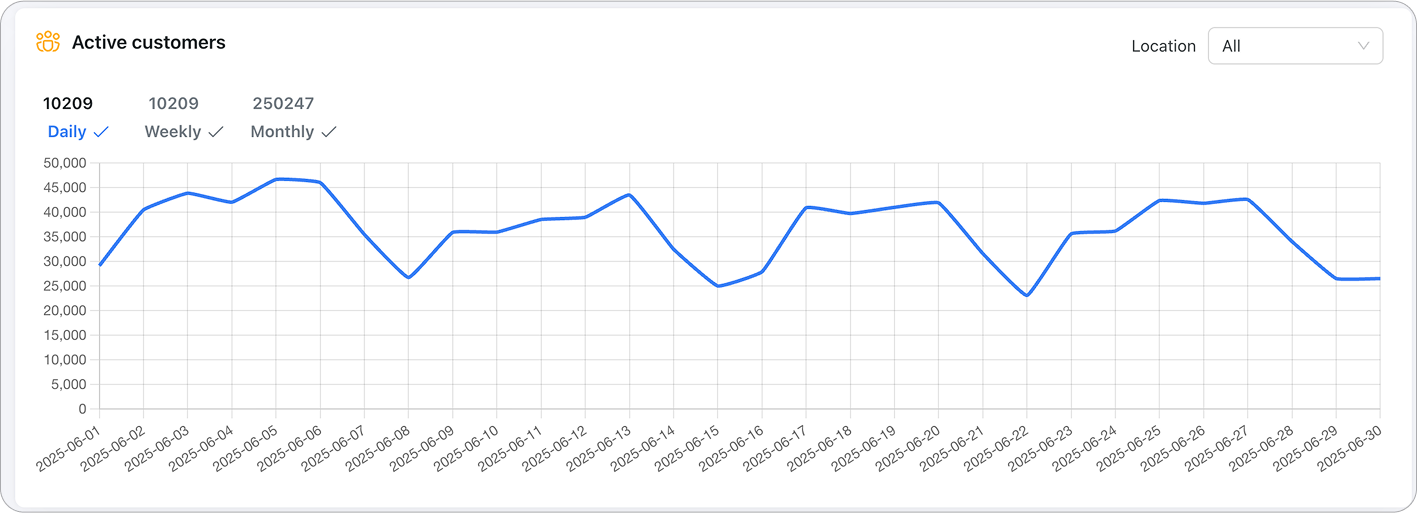
B) Click on a particular user to check usage statistics and manage customer information. Now, creating and updating data plans takes a few minutes.
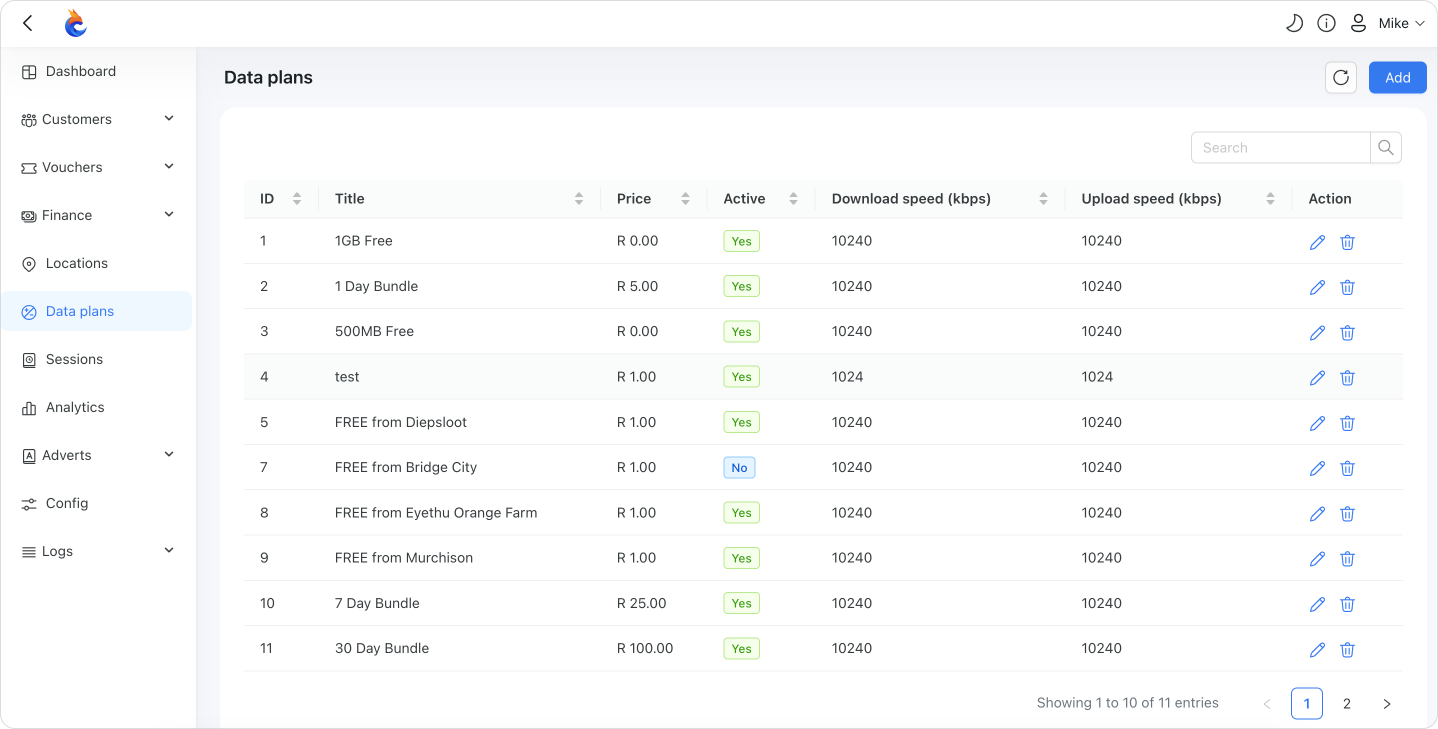
3. Vouchers
Vouchers are one of Powerlynx’s core features, making paying for internet access easy. Users can conveniently purchase Internet plans from the splash page with just a few clicks. It’s a crucial payment method in countries with fragmented payment landscapes and high cash usage, like South Africa, and it’s particularly useful for cash-only venues and a valuable addition to online payments.
Powerlynx integration allows Project Isizwe to create, customize, print, and distribute Wi-Fi connectivity vouchers to control traffic usage and prevent network abuse. To learn more about voucher features, read our detailed guide, Paid Wi-Fi and Vouchers: Managing Hotspots with Powerlynx.
4. Monetization with Ads Project Isizwe’s implementation of Powerlynx’s built-in dedicated AD module allows partnerships with local communities and brands to extend Wi-Fi coverage. Customers are provided free internet after watching brief, relevant video and image ads before connecting to a hotspot. This approach helps fund the service and ensures that users receive the connectivity they need while maintaining network security and efficiency.
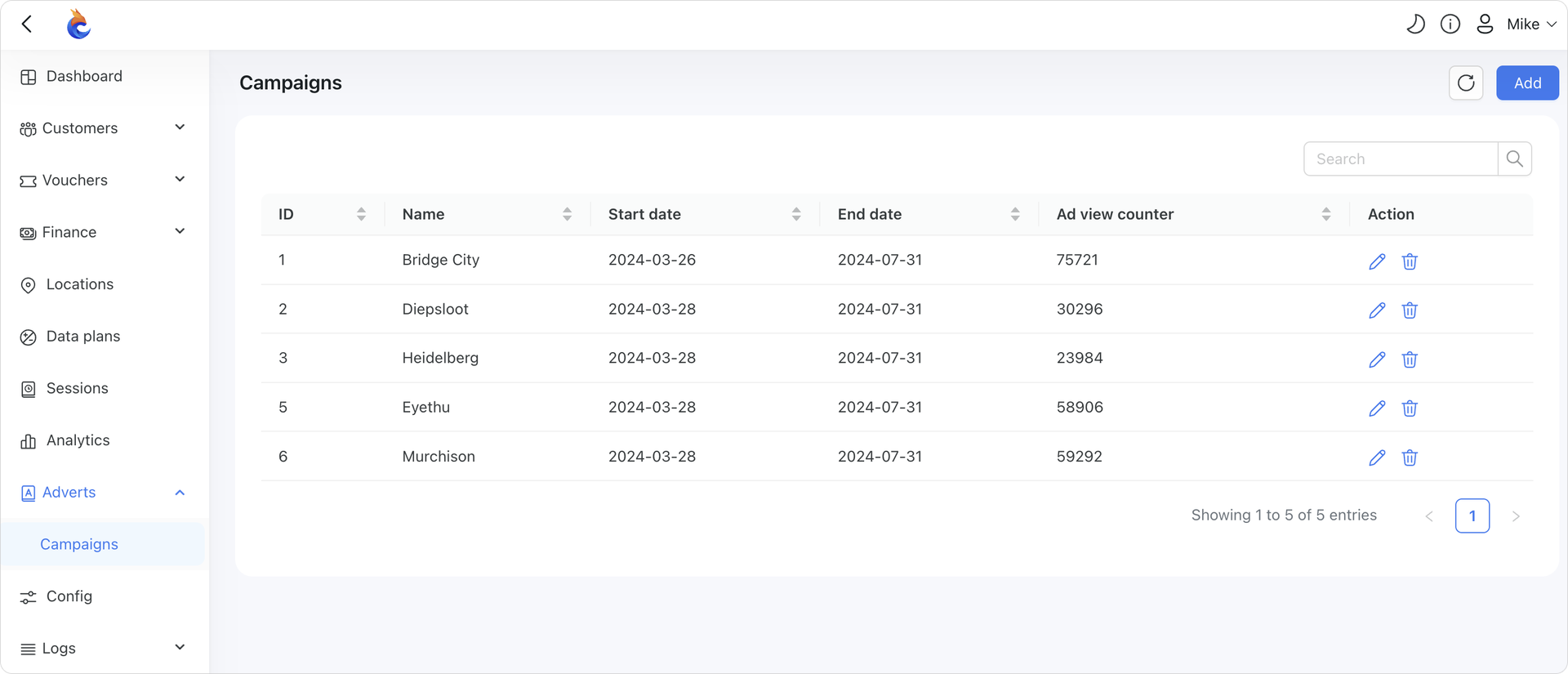
5. Customer workflow
- Step 1: Customer signs in/registers with a phone number via branded page
- Step 2: OTP verification
- Step 3: The customer selects the desired plan
- Step 4: The customer makes payment and enjoys the Internet
Here are two real examples of the platform’s practical application: a workflow in one of the hotspot shops and another at school.
Video demonstration of hotspot workflow
Payment processing
Cash-based economies require people to pay for their services in cash, so it is very important to make it possible to buy a voucher right on a splash page simply. Powerlynx integrates with Netcash, which supports major voucher system players, including 1Voucher. Other payment options include Stripe, PayPal, and PayFast.

